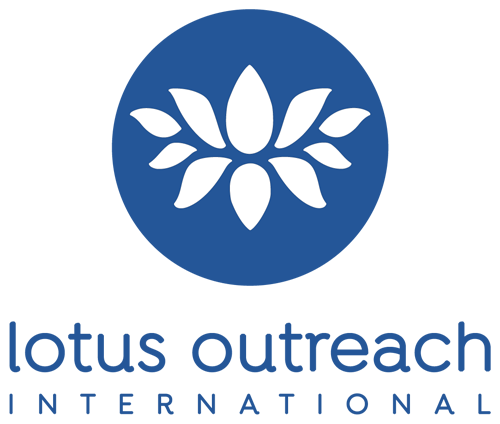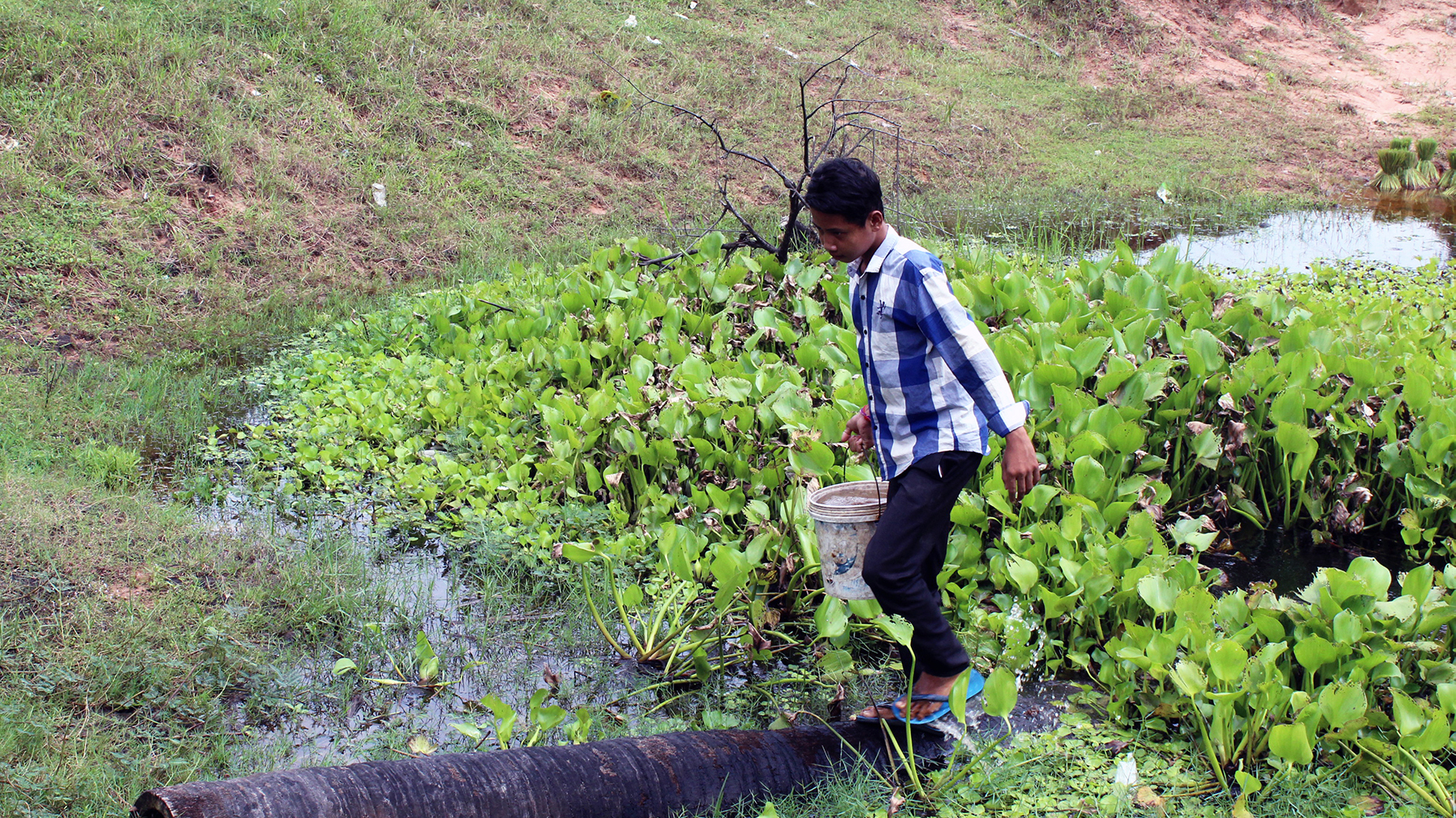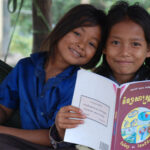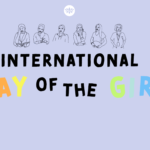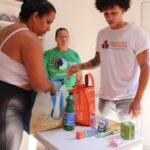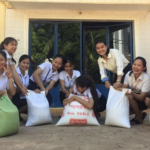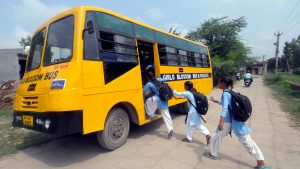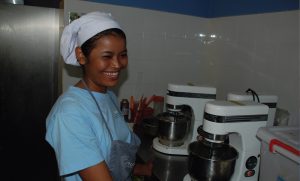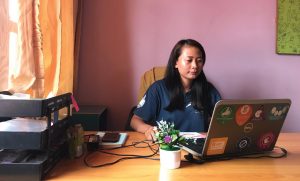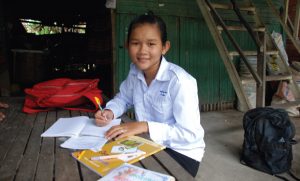The Gift of Water for Thong
Four months after installing a pump well for villagers in Tbeng Pork Village, we went back for a visit and to follow up. We spoke to Thong who shared with us the impact the well has had on her and her family.
Thong is 32 years old. She is married with four children. Thong makes her living by making Khmer cakes and selling them in the village. She does farming–but on her neighbor’s land since she doesn’t own farm land, and she raises a few chickens at home. Her oldest son dropped out of school to help the family earn a living. Both he and her husband work as laborers in another province far from home so that they can pay back a loan and support the education of the other three children.
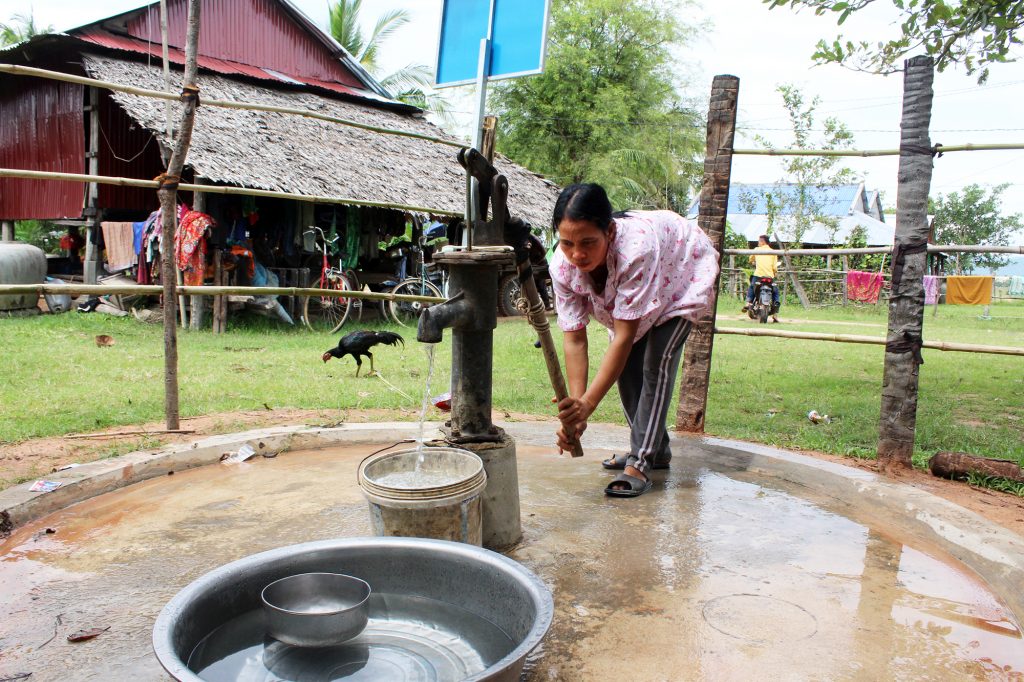
While it is already enough to keep afloat, Thong and her family faced another challenge: accessing clean water. In the rainy season, they use dirt-water from a nearby pond that people and cattle also bathed in. In the dry season (February-June), they had to collect water from further away (around 1km) and when all the water sources dry up, they have to buy water, costing them between $15 and $20 per month.
“My family used to spend a lot of time and energy to collect water from a pond away from home. We carried it on bicycle at least 3 to 4 times a day, 30 minutes for each trip. Sometimes my children also helped with water collection meaning they had to either be late for school or missed school altogether, resulting in their poor performance there,” Thong shared.
Turning her attention towards the health of her family, she continued, “I was very concerned about my family’s health as my children vomited very often. They got stomach aches, typhoid and diarrhea. I believe it must have been the dirty water and the lack of knowledge of practicing hand washing with soap before eating and after using the toilet.”
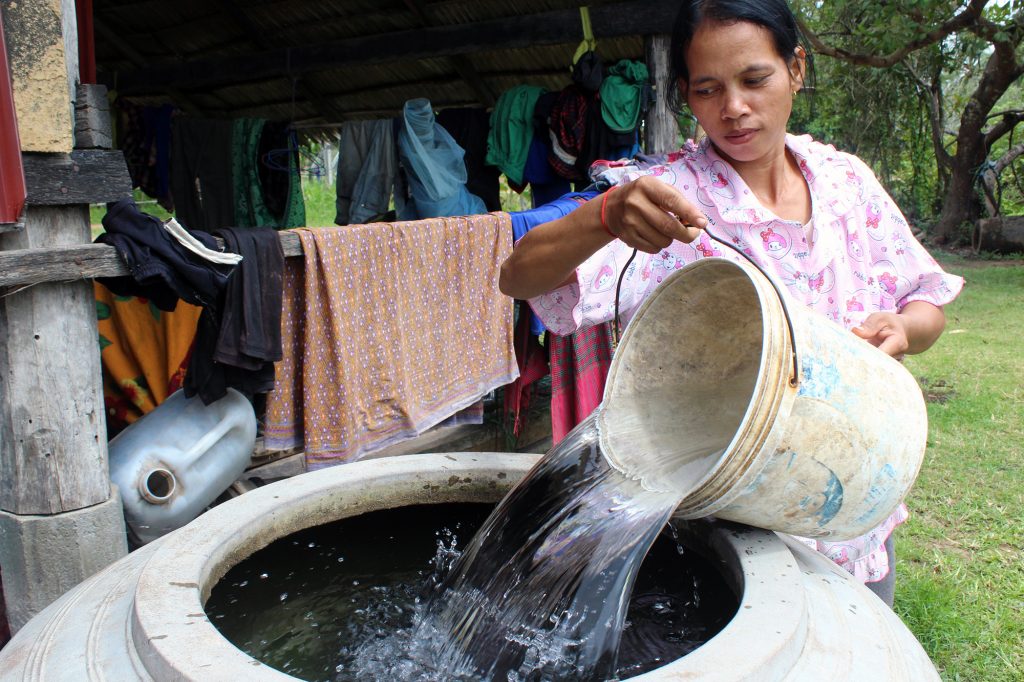
Then with excitement and a smile on her face, she added, “Now that we have access to clean water near home and knowledge on good hygiene, we can save a lot of time. We no longer have to collect water and my children can go to school on time and regularly. I also can see that my family’s health has improved. What’s more, we can save money from not having to buy water and we can use that money saved on health treatments to improve the standard of living for my family and support my children’s education so they can get a good job in the future.”
